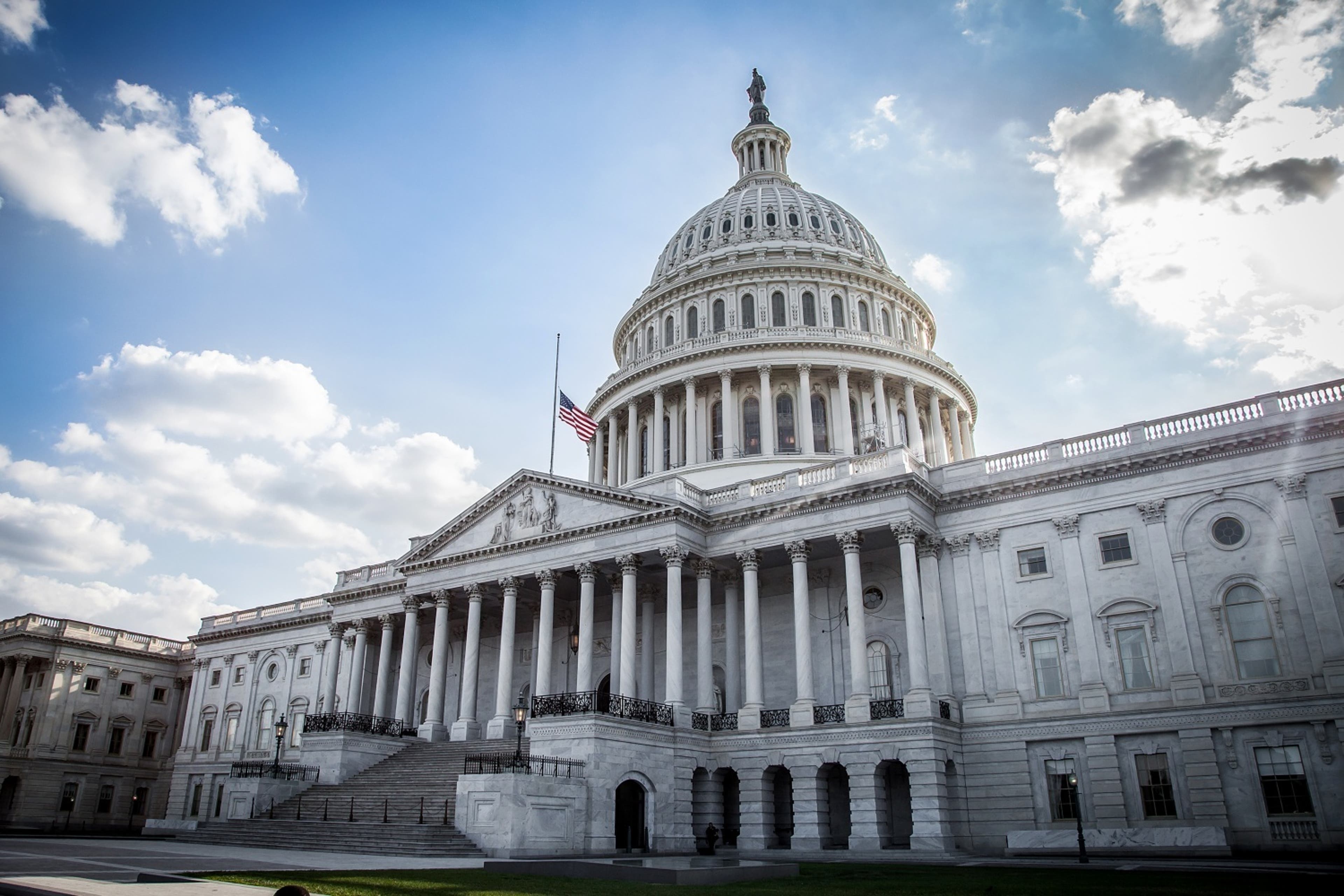After months of closed-door meetings, a high-profile U.S. Senate working group released a roadmap for artificial intelligence that ranks innovation and guidance high in its priorities.
The 31-page "Driving U.S. Innovation in Artificial Intelligence" document contains minimal calls for explicit guardrails around the technology, drawing a further distinction between the U.S. and the EU. Instead, it recommends committees further examine how existing regulations can apply to AI and elevates proposals where AI could fall under a greater umbrella of regulation, such as passing a federal privacy law.
The roadmap calls for heavy investment in AI innovation to the tune of at least USD32 billion per year, a number proposed by the National Security Commission on Artificial Intelligence. Some targeted legislative proposals include online protections for children, social scoring and using a person's image, voice or likeness without permission.
But the group of senators, helmed by Senate Majority Leader Chuck Schumer, D-N.Y., along with Sens. Mike Rounds, R-S.D., Martin Heinrich, D-N.M., and Todd Young, R-Ind., also note its recommendations are meant to be a starting point.
"We hope this roadmap will stimulate momentum for new and ongoing consideration of bipartisan AI legislation, ensure the United States remains at the forefront of innovation in this technology, and help all Americans benefit from the many opportunities created by AI," the introduction to the roadmap read.
High impact uses, privacy and risk mitigation
There are a few places where the working group calls for lawmakers to consider legislation or frameworks related to AI risks. They include:
- Public-facing transparency requirements for AI systems — as long as they align with a risk regime and do not stifle innovation.
- Incentivizing developers of software products using generative AI such as cameras and microphones to provide content provenance information.
- Protecting use of a person's likeness or image without permission, such as in Tennessee.
- Public awareness around AI in people's daily lives.
- Research and development around risks by giving developers, deployers and users the tools to identify and manage risks.
With high-risk use of AI, the group encourages exploring existing laws first before exploring new legislation. A majority high-risk instances have been identified around how automated systems can impact financial, health care and housing decisions. The roadmap asks lawmakers to explore whether current legal protections are sufficient to protect consumers, noting the ever-changing industry and varying degrees of AI effects can make assessing legal liability tricky.
"Some AI systems have been referred to as "black boxes" which may raise questions about whether companies with such systems are appropriately abiding by existing laws," the Senate report read. "Thus, in cases where U.S. law requires a clear understanding of how an automated system operates, the opaque nature of some AI systems may be unacceptable."
A clear carveout is made for privacy legislation, which the working group argues would cover many of the concerns related to AI’s reliance on information to train its models. The group supports a federal privacy law covering data minimization, data security, consumer rights, data brokers and consent requirements. Those coverage points are included in the American Privacy Rights Act discussion draft currently under consideration by the House and the Senate.
Holistic approach
The Senate working group encouraged Congress to work together on all proposed AI legislation, establish definitions for key terms and urged the executive branch to keep lawmakers abreast of its AI work.
Specific funding recommendations for agencies include cross-government AI research and development efforts related to biotechnology and advanced computer, privacy and security. It calls for supporting the National Institute of Standards and Technology’s infrastructure backlogged needs as well as the agency's testing and evaluation capabilities. Another noted priority is maintaining and improving the Bureau of Industry and Security’s infrastructure and staffing to respond to issues.
The working group calls for the passage of the CREATE AI Act, S. 2714, in order to establish the National AI Research Resource to support national AI research. It supports Section 202 of the Future of AI Innovation Act, S. 4178 and the AI Grand Challenges Act, S. 4236 as ways to promote technical innovation.
Workforce concerns
The ascension of AI has created uncertainty and anxiety around displacement within certain sectors of the economy, according to the working group. The report encourages committees to work with stakeholders around the development and use of AI within federal agencies and to create legislation focused on training and upskilling private-sector employees to better participate in an AI-supported economy.
Talent attraction is also an area of concern as countries vie for eligible candidates to operate and develop AI program. The committee recommends using existing programs like the U.S. Digital Service, the Presidential Innovation Fellows, the Presidential Management Fellows, and others authorized in the Intergovernmental Personnel Act to recruit and retain employees.

